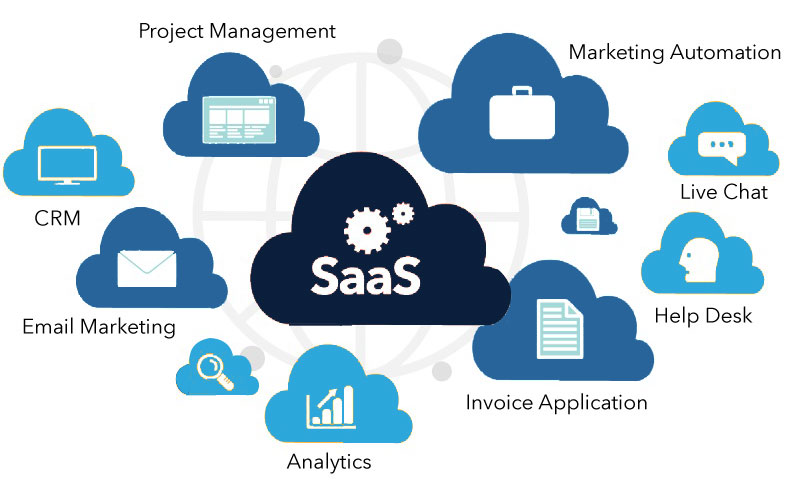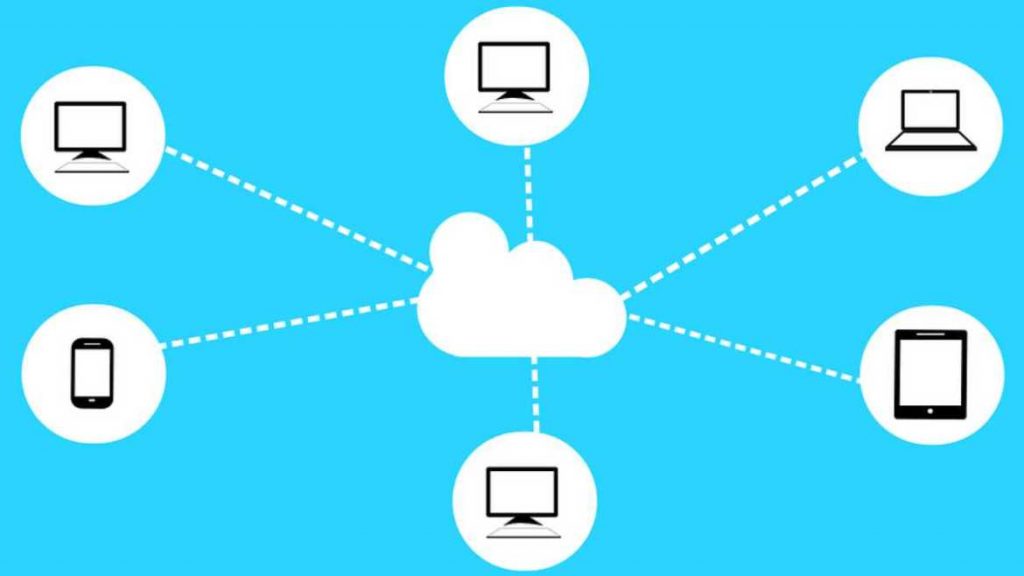How can cloud medical services save lives?

Cloud computing becomes something habitual and understandable but you still might face questions about the benefits and necessity of cloud computing for different areas. So, today we’ll talk about cloud computing as a service in healthcare.
To understand why you need cloud services in healthcare, let’s have a look at the benefits.

Benefits of cloud medical services:
- Reliability. Imagine you store all the patients’ records in paper or in the digital form but using on-prem servers somewhere in the hospital basement. All the data is totally unsafe because every small flood or fire will destroy your records. While in the cloud all the patients’ will be safe and sound, as it is replicated among multiple copies of the database.
- Scalability. Every hospital stores a huge amount of data. Over the years, the volume of patients’ records becomes bigger and bigger and if you use just shelf cases, you might need an additional premise for them. The similar situation you might have with the servers. You need more capacity, you buy more servers, they take the room or even a few rooms. Cloud computing provides a convenient scaling model, so if you need more place or capacity, you just get it.
- Cost-reduction. Cloud computing can help to save money and invest them in some equipment or staffing. Because of scalability, the hospital will spend less money on storing data. Also, data processing will be quite faster.
- Access to the newest technologies. Healthcare can use such modern tools like Big Data for distinguishing the diagnosis. For example, there already are working systems that can detect cancerous tumors on the CT scans on very early stages when a human eye can’t find the difference. Also, there are services like telemedicine when you can have an appointment with the doctor online. It is very convenient for consulting in unurgent situations. Such technologies can be implemented only with cloud computing, so the very first step of healthcare modernization is cloud migration.
- Everyday usage. Cloud computing also allows using healthcare in everyday life. For example, in smartwatches and sport bands. Such devices already can warn you about high or low pulse, some of them can call you an ambulance if you fell or your health indicators become very different from the norm. So, every person can use cloud medical services, it is useful for everybody, not only hospitals.

Are cloud services the future of healthcare?
As you can see, the application of cloud computing in healthcare is quite multifaceted. You might use it just for storing information or for helping medical staff or every person with some kind of smartwatch.
Cloud computing makes a lot of processes more efficient and more reliable. If we talk about some complicated operations for eyes, there is no place for human mistake, that’s why lasers work automatically and doctors just tune the necessary settings. The same way the cloud works. It saves doctors and patients from the human error factor and processes all the data faster. Even the storage in the cloud is more efficient than paper records. You can just make a few clicks to find the necessary information instead of a long search in the file cabinet.

Actually, we can’t say that cloud computing is a future of healthcare because it is already the present reality that surrounds us. Sometimes we use cloud computing in lots of areas and don’t notice it, so it becomes a necessary technology nowadays.
Wrapping up the healthcare in the cloud topic, we should say that it is important not to stick to the past and move to using the new technology without any doubts. It might be a little bit difficult in the early stages but as a result, you’ll have a stable and great system.